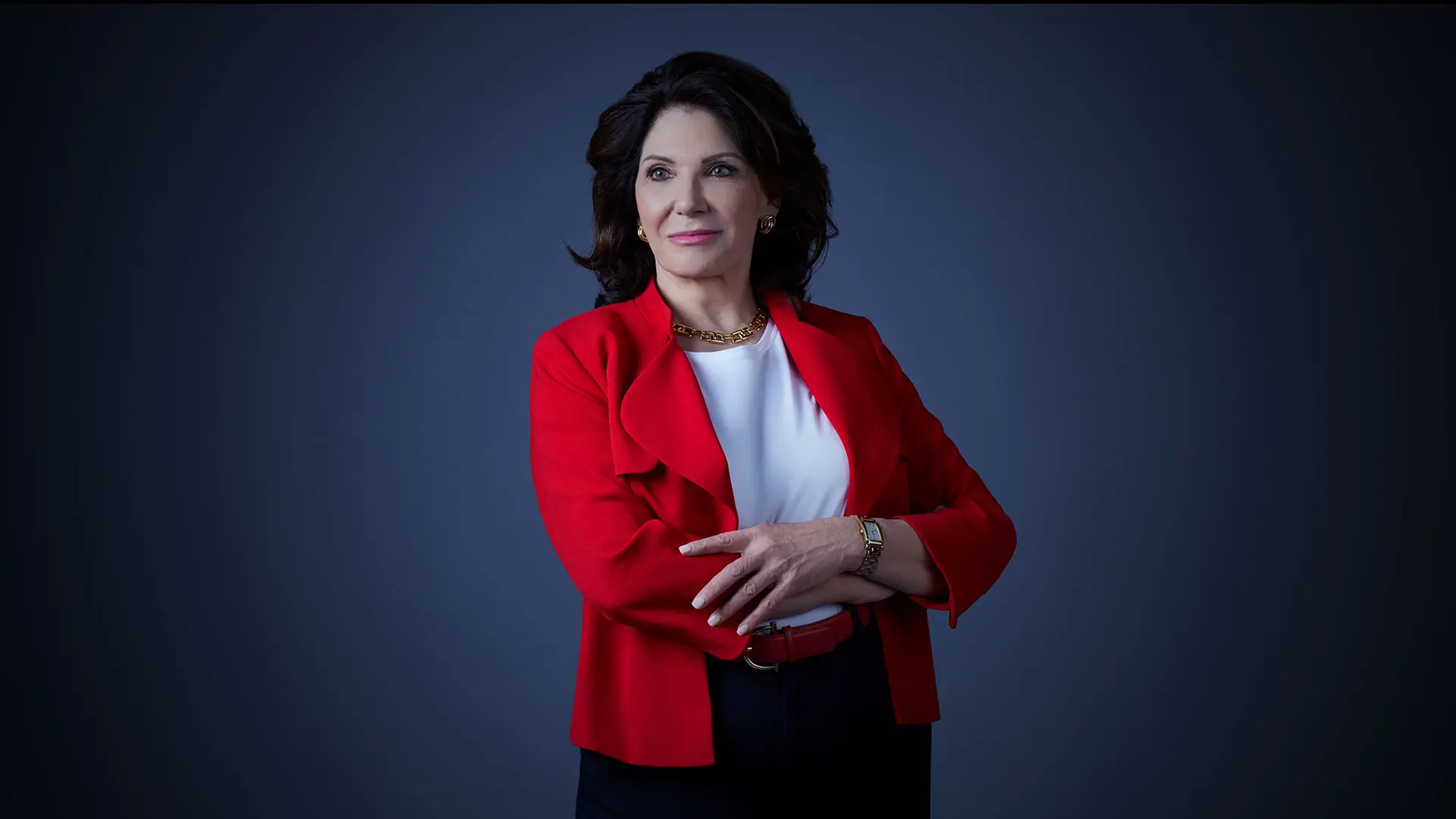To accomplish our training objectives, we have merged the Mount Sinai’s Endocrinology fellowships into a systemwide, five-hospital program with the seven fellows per year in the two-year fellowship program. Under the leadership of Program Directors Alice C. Levine, MD, and Michael A. Via, MD, and chief fellow Alon Mazori, MD, ours is the largest Endocrinology fellowship in the United States. Fellows benefit from caring for an unparalleled array of endocrine disorders in one of the most diverse patient populations in the world, under the supervision of renowned master clinicians.
Our faculty are leaders in diabetes technology as well as in the relationship between diabetes and cancer. Carol J. Levy, MD, and her team at the Mount Sinai Diabetes Center are working to expand the use of automated insulin delivery systems—studying their use in insulin-requiring people with type 2 diabetes and during pregnancies complicated by type 1 diabetes. Emily Gallagher, MD, PhD, investigated mechanisms for differences in survival of patients with multiple myeloma who also have diabetes.
Dr. Levine and fellows Rachel Sheskier, MD, and Natalia Viera Feliciano, MD, joined forces with gastroenterologists at Mount Sinai to develop treatment protocols for an underappreciated clinical problem: secondary adrenal insufficiency arising from glucocorticoid treatment in patients with inflammatory bowel disease. Joshua Safer, MD, with fellow Daniel Slack, MD, conducted the largest study of testosterone treatment for gender-affirming hormone therapy in transmasculine individuals. They found testosterone treatment to be safer than previous, smaller studies have reported.
Terry F. Davies, MD, with co-investigators Rauf Latif, PhD, and Mihaly Mezei, PhD, made important discoveries about thyroid-stimulating hormone receptor water channels, which may play a role in controlling receptor signaling as well as fluid balance in hypothyroidism. These water channels may be a new therapeutic target for autoimmune thyroid disease. My research group identified regions of DNA associated with testosterone production in women with polycystic ovary syndrome, bringing the field a step closer to finding effective treatment for the condition.
Andrew F. Stewart, MD, Director of the Diabetes, Obesity and Metabolism Institute (DOMI), and his team are translating their studies of beta cell regeneration into a novel therapy for diabetes; early human studies are underway. Prashant Rajbhandari, PhD, a DOMI investigator, discovered a family of molecules in the breast called “mammokines” that contribute to overall fat cell physiology and energy balance control. Three new DOMI scientists represent the next generation of investigators in the field. Lauryn Choleva, MD, MSc, in the Division of Pediatric Endocrinology, is a physician-scientist who studies the mechanisms of congenital hyperinsulinism. Sharon Baumel-Alterzon, PhD, completed her postdoctoral training with DOMI investigator Donald Scott, PhD, and is continuing her studies of beta cell survival. Romina Bevacqua, PhD, is applying her expertise in CRISPR technology to gene editing in human beta cells.
The Mount Sinai Hospital was again nationally ranked by U.S. News & World Report® in 2023-2024 for Diabetes and Endocrinology. I am grateful and proud to have the privilege of working with our dedicated physicians, scientists, and educators. I invite you to learn more about the Division’s clinical and research initiatives in the following articles.
